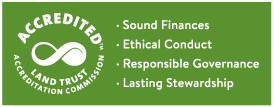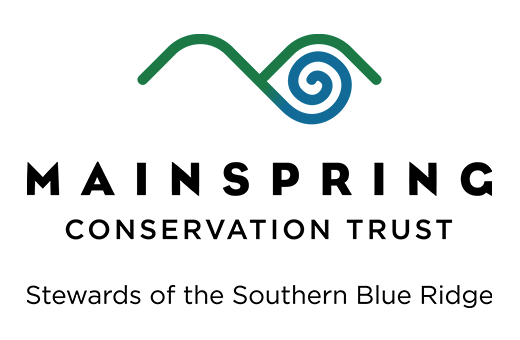The Smoky Mountain News covered LTLT’s work with Rabun-Gap Nacoochee School on conserving a rare wetland.
Below is an excerpt from the coverage. Read the full article here.
Though the wetland bordering U.S. 441 on the North Carolina-Georgia line isn’t that noteworthy on first glance, it’s an ecological treasure trove that Land Trust for the Little Tennessee is excited to have purchased.
“Conserving the wetland buffers the headwaters of the Little T, which significantly helps the water quality downstream,” explained LTLT Land Protection Manager John Culclasure. “Many thanks to Rabun-Gap Nacoochee School for partnering with LTLT to conserve this unique ecological feature.”




